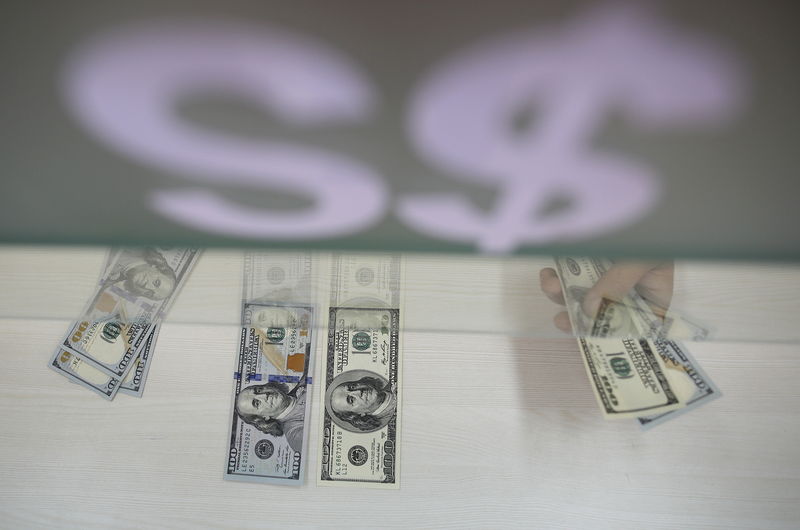(Adds broker comment, updates prices to close)
* Canadian dollar settled at C$1.3410, or 74.57 U.S. cents
* Bond prices mixed across the maturity curve
By Alastair Sharp
TORONTO, March 6 (Reuters) - The Canadian dollar weakened against its U.S. counterpart on Monday after falling more than 2 percent last week, but traded in a narrow range ahead of upcoming domestic trade and employment data.
Last week's losses for the loonie came as U.S. Federal Reserve Chair Janet Yellen cemented the view that the Fed will raise interest rates at its March 14-15 meeting.
In contrast, the Bank of Canada held rates steady on Wednesday as it stayed focused on the "significant uncertainties" facing the economy, including the policies of U.S. President Donald Trump.
"We grind forward to the employment data for North America at the end of the week," said Darcy Browne, managing director for foreign exchange sales at CIBC Capital Markets.
He said a solid U.S. jobs report for February on Friday would be unlikely to weigh heavily on the Canadian currency given a March hike by the Fed is almost completely priced in at this point, while a February pullback in Canadian job growth after several large gains also would not be a surprise.
"I don't see the loonie getting completely stomped on," he said. "The Canadian data isn't that bad."
Policy divergence will pressure the loonie over the coming months, a Reuters poll predicted. Canadian dollar CAD=D4 settled at C$1.3410 to the greenback, or 74.57 U.S. cents, slightly weaker than Friday's close of C$1.3379, or 74.74 U.S. cents.
The currency's strongest level of the session was C$1.3373, while its weakest was C$1.3425. On Friday, the loonie touched a nearly two-month low at C$1.3437.
Investors will be watching to see whether Canada can post its third monthly trade surplus in a row in January, when the data is released on Tuesday. The focus will also be on exports, where volumes were disappointing in January. ECONCA
Canadian government bond prices were mixed and little changed across the yield curve, with the two-year CA2YT=RR flat to yield 0.765 percent and the 10-year CA10YT=RR down 6 Canadian cents to yield 1.707 percent.
